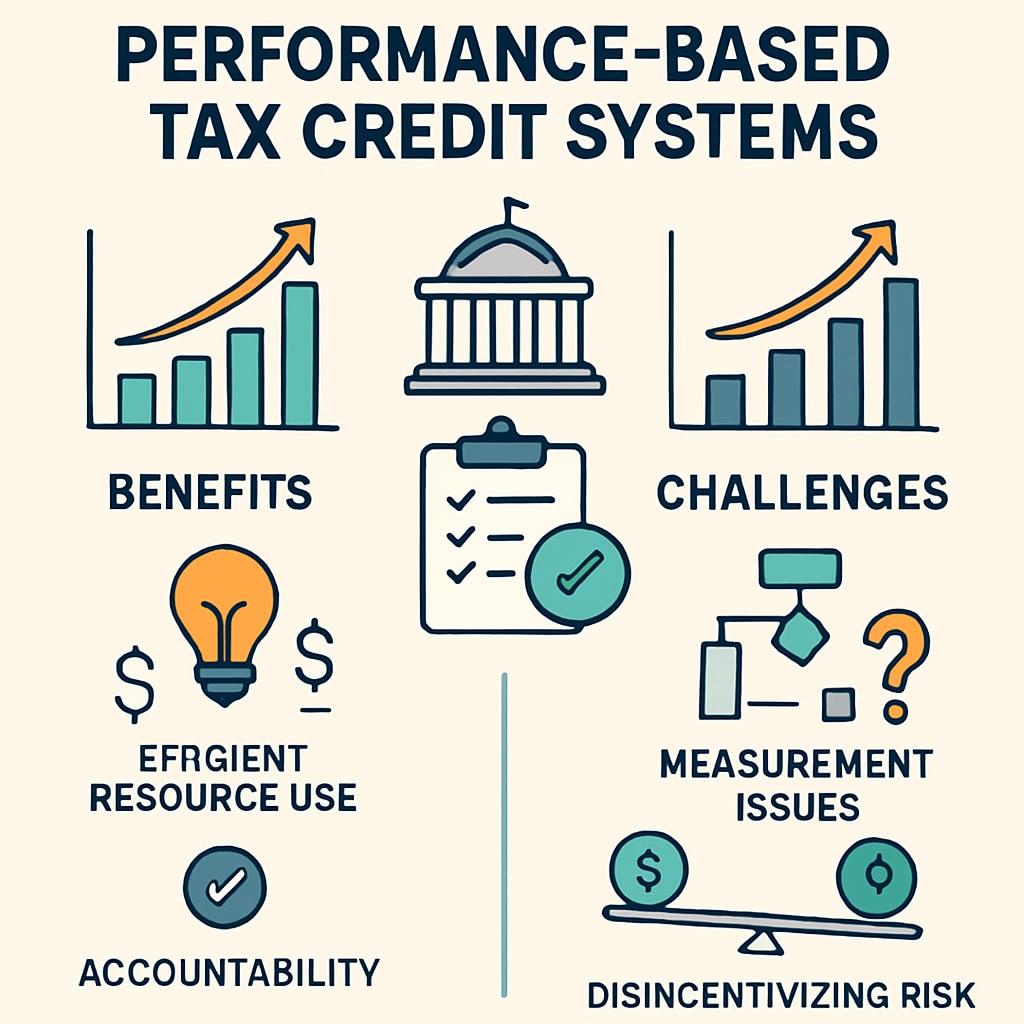The proposal to connect child tax credits with student academic performance represents a transformative approach to education policy. By creating financial incentives for parental engagement, this model could fundamentally reshape how families participate in K12 learning processes.

The Economic Case for Performance-Based Tax Credits
Research from the Brookings Institution suggests financial incentives significantly influence parental behavior. The proposed system would:
- Offer tiered tax credit amounts based on measurable academic progress
- Provide additional credits for parental participation in school activities
- Create transparent benchmarks tied to standardized assessments
Balancing Incentives and Equity Concerns
While the policy aims to motivate families, critics argue it may inadvertently disadvantage:
- Students with learning disabilities or special needs
- Low-income households with limited educational resources
- Families in underperforming school districts

According to U.S. Department of Education data, pilot programs testing similar concepts have shown mixed results. Successful implementations typically include:
- Multiple performance metrics beyond test scores
- Adjustments for socioeconomic factors
- Complementary support services for struggling families
Implementation considerations: The policy requires careful design to avoid creating unintended consequences while maintaining its core objective of improving educational outcomes through enhanced parental involvement.


